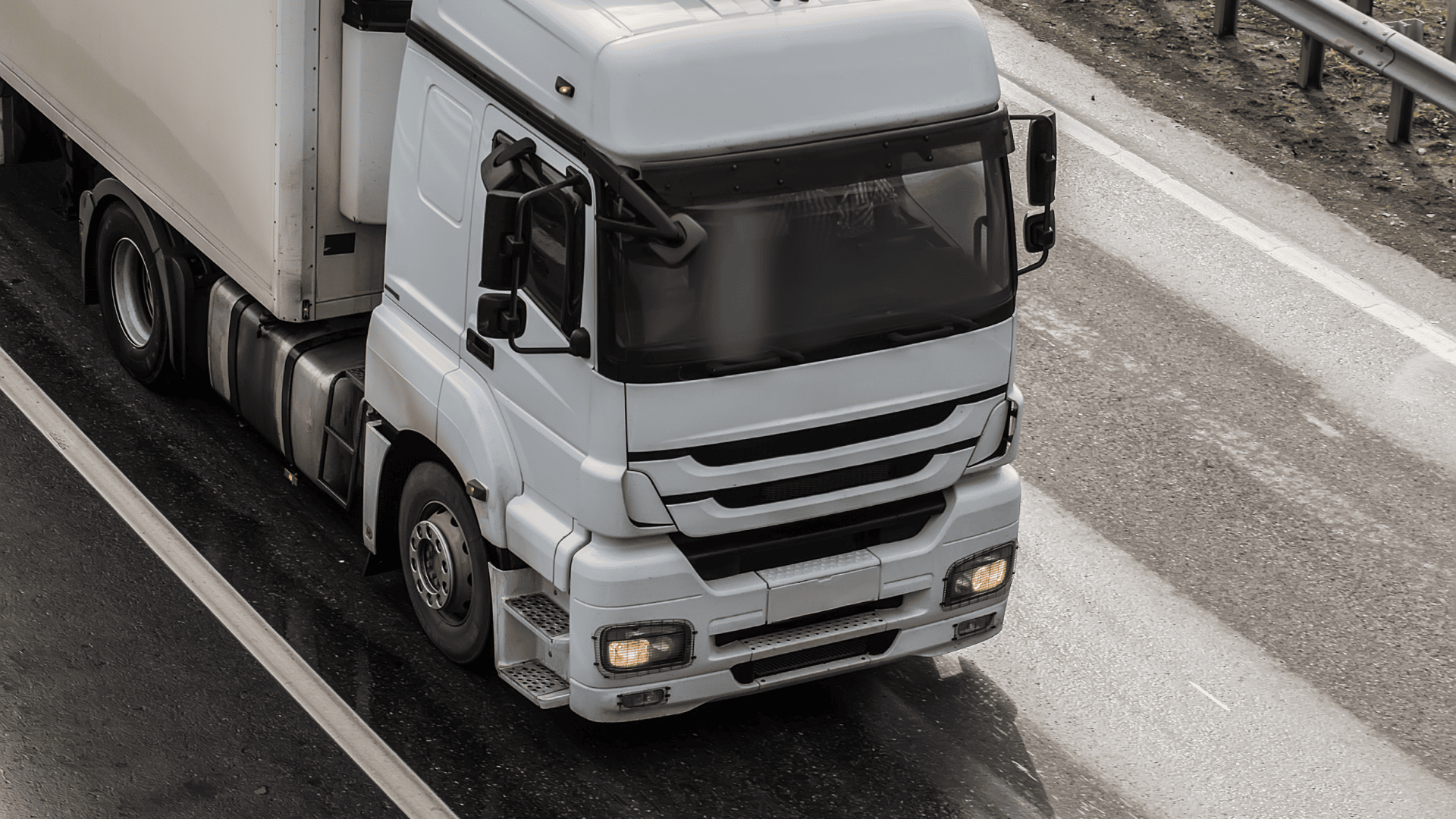A truck crash isn’t like a car accident—liability often stretches far beyond the driver. When an 80,000-pound semi collides with a passenger car, the aftermath is rarely simple. In Michigan, truck accidents frequently involve multiple layers of responsibility, from the truck driver behind the wheel to the corporations, contractors, and insurers pulling the strings behind the scenes.
That’s where things get complicated. Unlike a typical two-car crash, determining truck accident liability in Michigan requires peeling back the chain of responsibility. Was the driver fatigued? Did the trucking company push unsafe deadlines? Was a maintenance contractor negligent in keeping the brakes working? Or was a cargo loader at fault for an improperly secured shipment that caused a rollover on I-94?
Every link in this chain matters—and every one of them may be legally accountable. That’s why these cases require more than just filing an insurance claim. They demand a thorough investigation, knowledge of federal trucking laws, and a legal team ready to take on powerful trucking corporations and their insurers.
The Driver: The First Link in the Chain
When a truck crash happens, the first place investigators look is the driver. Just like any other motorist, truck drivers must follow Michigan’s traffic laws. But because of the sheer size and danger of commercial vehicles, they’re also bound by strict federal safety rules under the Federal Motor Carrier Safety Administration (FMCSA).
Common Forms of Truck Driver Negligence
- Fatigue: Despite Hours-of-Service limits, many truckers drive long shifts to meet deadlines. Exhaustion slows reaction times and causes deadly mistakes.
- Distraction: Cell phones, onboard computers, and even eating behind the wheel can divert attention for just a few seconds—often enough to cause a catastrophe.
- Intoxication: FMCSA rules set stricter blood alcohol limits for truck drivers than for passenger car drivers. Even small amounts of drugs or alcohol can impair judgment in an 80,000-pound rig.
- Reckless Driving: Speeding, tailgating, and aggressive lane changes become especially dangerous when the vehicle weighs 20–30 times more than a car.
The Driver’s Legal Duties
Truck drivers are required to:
- Obey all Michigan traffic laws—from speed limits to lane discipline.
- Comply with FMCSA regulations, including Hours-of-Service rules, drug and alcohol testing, and logkeeping.
- Operate their vehicles with the highest level of caution, given the risk to the public.
When they fail, both the driver and their employer may face liability.
How Driver Liability Is Proven
Truck accident investigations often uncover critical evidence that points directly to driver fault, including:
- Electronic Logging Devices (ELDs): These track driving hours, rest breaks, and speed.
- Black Box Data: Reveals speed, braking, and steering activity in the moments before the crash.
- Toxicology Reports: Show whether alcohol, drugs, or even prescription medications were factors.
- Witness Statements and Dash Cameras: Provide additional clarity on reckless or distracted driving.
The Trucking Company: Corporate Accountability
Vicarious Liability Under Respondeat Superior
In Michigan, employers can be held legally responsible for the negligent actions of their employees through a principle called respondeat superior. That means if a truck driver causes a crash while on the job, the trucking company can be held liable for the damages—even if company executives weren’t personally behind the wheel. This doctrine ensures that victims can pursue compensation from the business’s often much deeper pockets, not just the individual driver.
Direct Liability for Unsafe Practices
Beyond vicarious liability, trucking companies can also be directly responsible when their own conduct contributes to crashes. Examples include:
- Unsafe Hiring: Putting unqualified or inexperienced drivers behind the wheel.
- Lack of Training: Failing to prepare drivers for Michigan’s hazardous winter conditions or emergency maneuvers.
- Violating Hours of Service Rules: Encouraging or pressuring drivers to exceed FMCSA fatigue limits in order to meet unrealistic delivery schedules.
When companies cut corners, they put profits over people—and the public pays the price.
Corporate Pressure for Speed and Profits
In the trucking industry, time is money. Many companies push their drivers to cover more miles in less time, even if it means ignoring safety rules. This pressure leads to speeding, fatigue, skipped maintenance checks, and other dangerous practices that make Michigan highways more hazardous.
Maintenance Providers: When Unsafe Trucks Hit the Road
The Role of Maintenance Providers
Many trucking companies outsource upkeep to third-party maintenance contractors. These providers are tasked with checking brakes, tires, steering systems, and other critical safety components. When they fail to spot or fix a dangerous defect, they can be held liable for crashes that follow.
Examples of Maintenance Failures That Cause Crashes
- Brake Failure: Faulty or worn brake systems make it impossible to stop a fully loaded semi in time, especially on Michigan highways with heavy traffic.
- Tire Blowouts: Improperly inspected or overused tires can explode at high speeds, causing deadly rollovers or multi-car pileups.
- Steering Malfunctions: A neglected steering system can cause drivers to lose control in an instant, especially in winter weather.
Liability Beyond the Driver
Even if the truck driver was operating responsibly, maintenance negligence can make the vehicle itself unsafe. In such cases, liability extends beyond the driver and trucking company to the contractors who failed in their duty of care.
Loading Crews and Cargo Handlers
The Dangers of Improper Cargo Loading
- Rollovers: Shifting weight can cause a semi-truck to tip over, especially during sharp turns or on Michigan’s icy roads.
- Jackknifes: When a trailer swings out of control because of unbalanced or unsecured cargo, multiple vehicles can be caught in its path.
- Multi-Car Pileups: Cargo spills—whether it’s steel coils, lumber, or even hazardous materials—can cause chain-reaction crashes across busy interstates like I-94 and I-75.
Who May Be Liable
Liability doesn’t always stop with the driver or the trucking company. Others involved in the freight process may share responsibility, including:
- Contractors hired to load the truck.
- Warehouse Operators who failed to secure freight properly.
- Third-Party Shippers responsible for preparing goods for transport.
If these parties failed to follow safety protocols, they can be held accountable for the devastation their negligence caused.
Regulations Governing Cargo Securement
The Federal Motor Carrier Safety Administration (FMCSA) has strict cargo securement standards requiring freight to be immobilized or secured to prevent shifting. Michigan also enforces freight-specific rules depending on cargo type, truck weight, and roadway conditions.
Violations of these regulations are not just technical oversights—they’re powerful evidence of negligence in a truck accident liability Michigan case.
Manufacturers and Defective Equipment
Product Liability in Truck Accident Cases
Manufacturers have a legal duty to design, build, and distribute safe products. Under product liability law, they can be held responsible when defective parts cause or contribute to a crash. In Michigan, this means victims can pursue claims not only against the driver and trucking company, but also against the companies that made or sold the faulty equipment.
Examples of Dangerous Defects
- Design Flaws: Braking systems or steering mechanisms that are inherently unsafe, even when used as intended.
- Defective Tires: Blowouts from poorly manufactured tires can cause rollovers or loss of control.
- Faulty Safety Systems: Defective underride guards, air bags, or electronic stability control systems that fail when they’re needed most.
These failures often don’t just affect one truck—they may impact entire fleets, putting thousands of vehicles on Michigan roads at risk.
Holding Manufacturers Accountable
In cases where defective equipment plays a role, victims may file a claim against:
- Truck manufacturers (for design or assembly flaws).
- Parts suppliers (for faulty brakes, tires, or steering components).
- Distributors or retailers (if they sold unsafe products).
By including these defendants, a Detroit truck crash attorney ensures every responsible party is brought to the table and victims can pursue the full compensation they deserve.
Truck Accident Liability Is a Chain—And Every Link Matters
Truck accident cases are never simple. Unlike a typical car crash, liability in a semi-truck accident often stretches far beyond the driver. From trucking companies and maintenance providers to cargo loaders, manufacturers, and insurers, every link in the chain of responsibility must be investigated.
For victims and families, this complexity makes it even more important to have a team that knows how to dig deep, uncover the truth, and hold every negligent party accountable. Justice means more than a payout from one insurance policy—it means making sure every responsible entity is brought to the table.
At Marko Law, we don’t back down from tough cases. Our team has the experience, resources, and relentless drive to take on the trucking industry and fight for Michigan families devastated by these crashes.
Contact Marko Law for a Free Case Evaluation








.svg)








